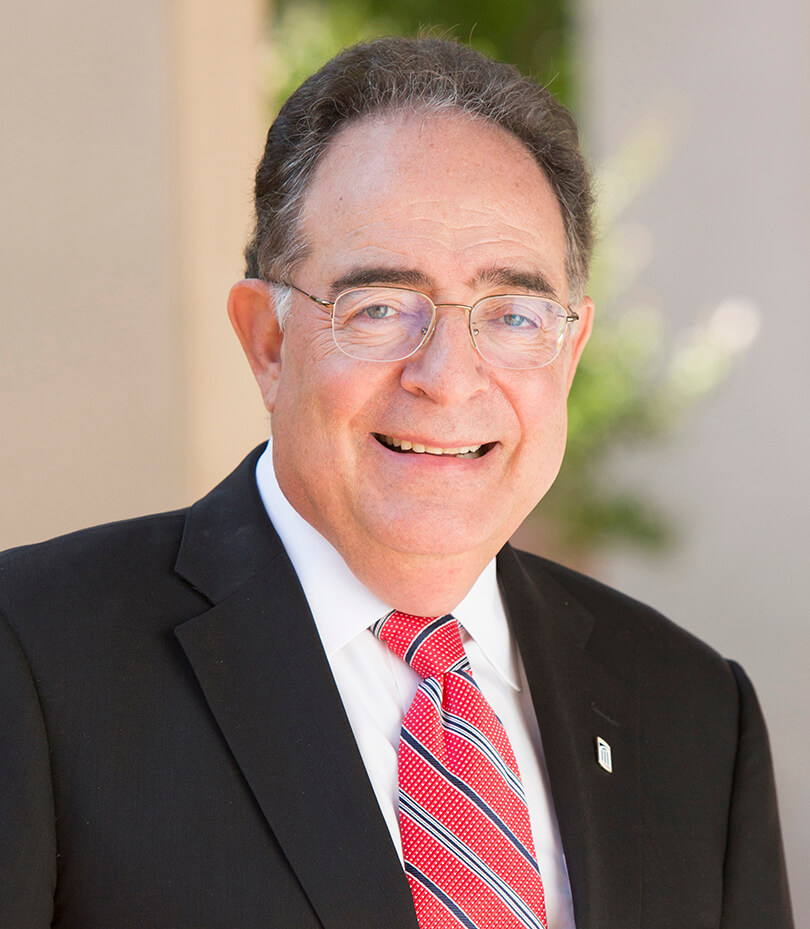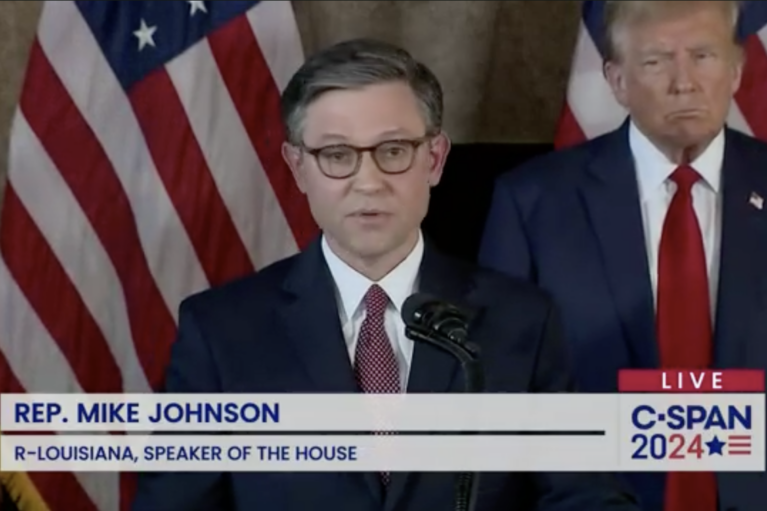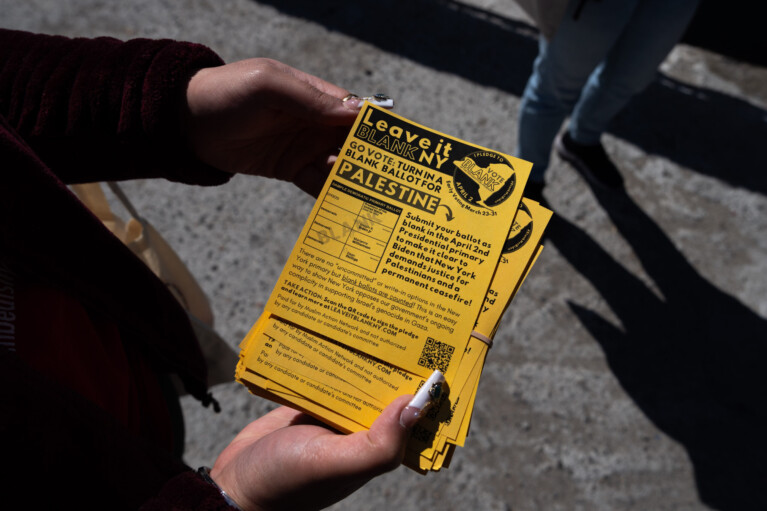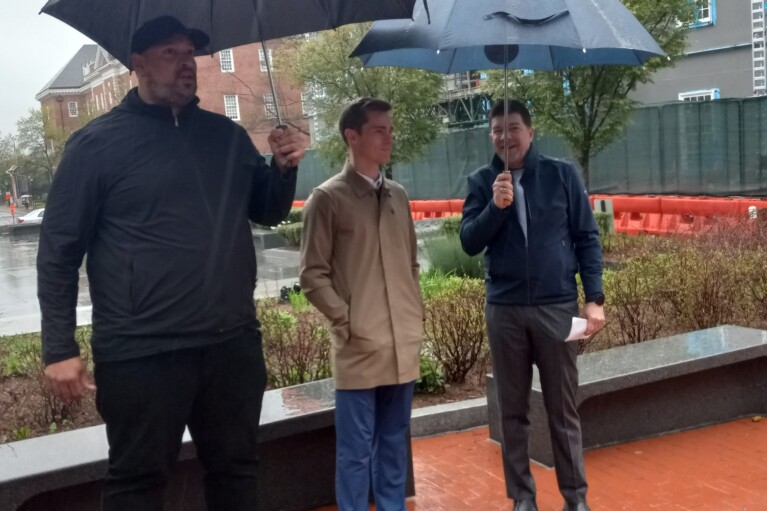CEOs, Academics Step Out to Fill National Leadership Void

Amid a wrenching series of crises that have riven the nation, particularly over matters of race and law enforcement, corporate leaders throughout Maryland have voiced support for the social justice movement that has become more urgent and grown after the death of George Floyd.
Over the last few days, corporate CEO’s, university leaders and others have acknowledged the pain that Americans of all stripes are experiencing, and have pledged to be part of the solution.
Their statements avoid directly placing blame, but together appear to be attempts to fill a void in national leadership, particularly President Trump’s failures, workplace experts said.
“The complete lack of human dignity that is seen on the video images has once again shocked our collective consciousness and serves as a clear demonstration of the inequity that exists within our nation,” said Mohan Suntha, Chief Executive Officer of the University of Maryland Medical System.
“As a singular voice, we must be willing to stand up, and deliver the clear message that this cannot be tolerated.”
Marriott International CEO Arne Sorenson lamented that “these events reoccur far too often and we never seem to convert them into the kind of change that we need.”
“The people who work with or for us, the people who serve us, the people we see in our communities, all of them deserve recognition and respect,” he added.
In a series of posts on Twitter, Under Armour CEO Patrik Frisk said the “escalation of protests across the country have left me at a loss for words and show that people are tired, angry, frustrated, and scared.”
“What I can tell you is that at Under Armour, we are all family and our values matter – to everyone. We Stand for Equality. We Stay True. We Fight on Together.”
University System of Maryland Chancellor Jay A. Perman and the presidents of the system’s schools issued a joint letter that contained a pledge to students.
“When we gather together on campus once again, we will examine with greater resolve the racism and systemic inequities that so gravely endanger our minority communities,” the leaders wrote.
“We are proud to be a part of a University System that believes in humanity, justice, and opportunity for all.”
Historically, companies and large institutions have steered clear of politics “because they don’t want to offend potential customers or clients,” said corporate consultant Mary Abbajay.
Much of that has changed since the election of Donald Trump.
“The fact that so many are issuing statements, I think it means we don’t have enough leadership at the top, so someone’s got to do something,” she said.
The CEO of Careerstone Group, Abbajay divides the statements into three categories — those that are sincere, those that mimic what other firms are doing, and those seeking only to satisfy expectations.
Whatever the motivation, she said, corporate leaders must do more than mouth platitudes.
“They have to look at their hiring practices. They have to look at their promotion practices, their recruiting practices, their mentoring practices,” she said.
“If they really want to create inclusion and diversity… it’s not just hiring a couple African-American people. It’s doing the hard work to change your culture,” she added.
Author Howard Ross, a diversity and inclusion consultant who cofounded the Silver Spring firm Cook Ross, noted that UnitedHealth has pledged college scholarships to George Floyd’s children and a $10 million gift to the city of Minneapolis.
In a joint statement, the leaders of Johns Hopkins Medicine said the spate of racially-charged killings around the country has “reinforce[d] the brutal truth that the African American community still remains vulnerable to senseless violence, even during a pandemic.”
They announced a symposium series called “The Language of the Unheard: A Virtual Town Hall on Racial Injustice,” to take place in early June.
Ross said corporate titans are overcoming their traditional hesitancy to weigh in on social and political matters, in part, because their employees are demanding it.
“A lot of corporate leaders look at this and just feel like, ‘I gotta do something. Our culture is coming apart at the seams. This racial discord is there. And I’m in a position to do something about it.’”
“They know that their employees are hurting and I think the employees are much bolder now about calling for their leaders to do something as well.”




 Creative Commons Attribution
Creative Commons Attribution